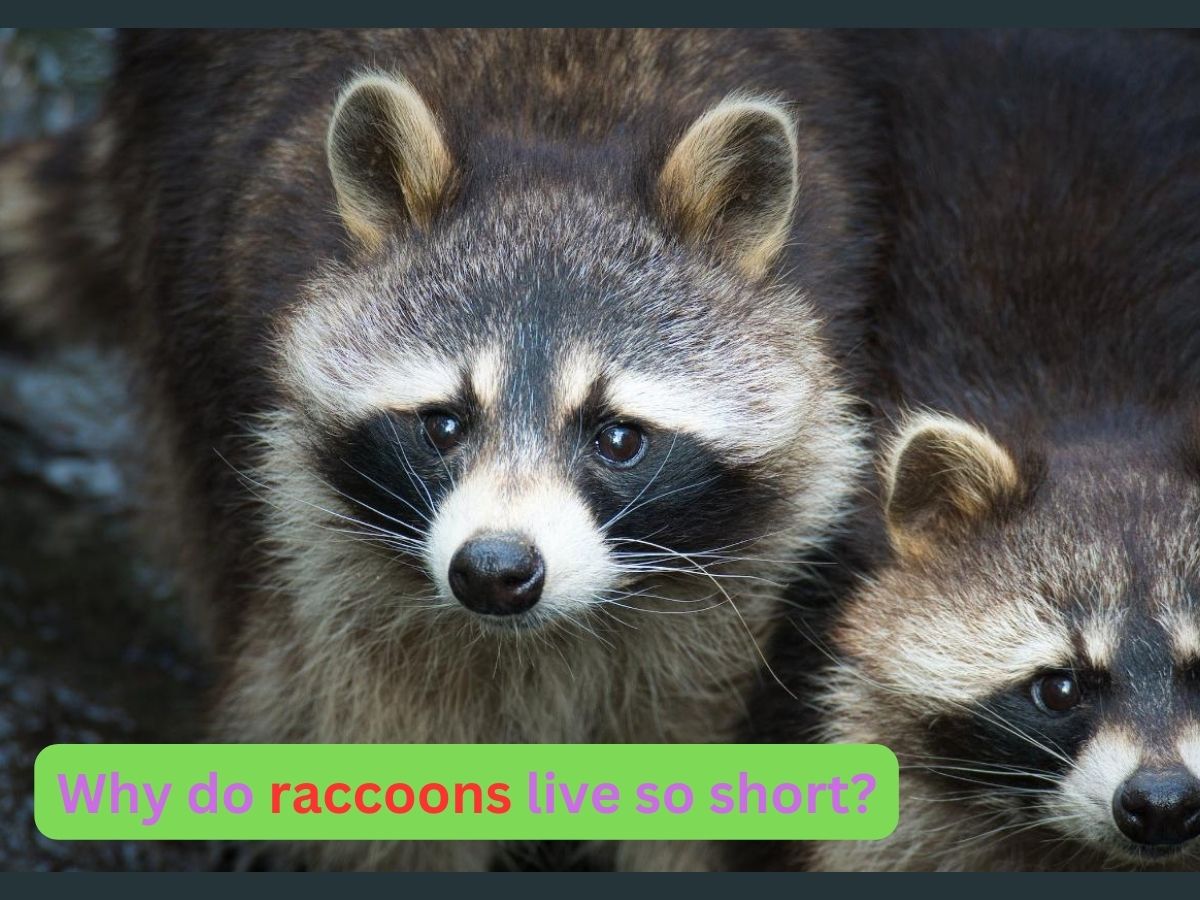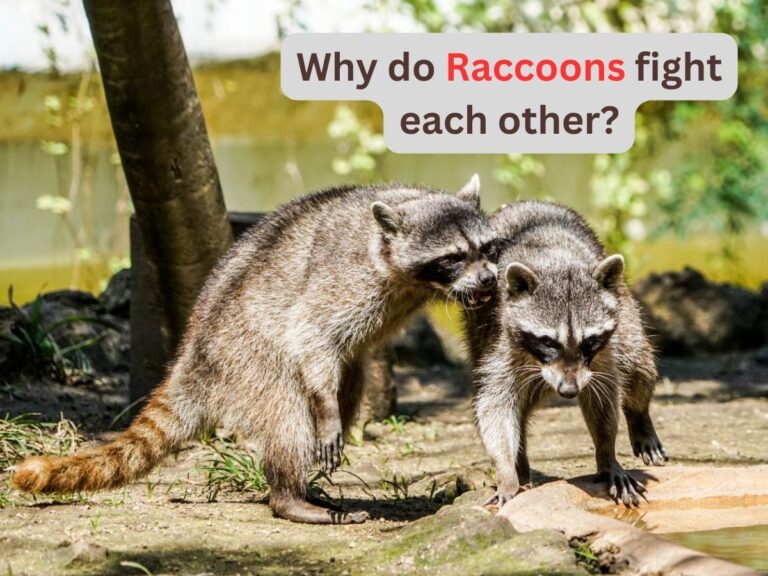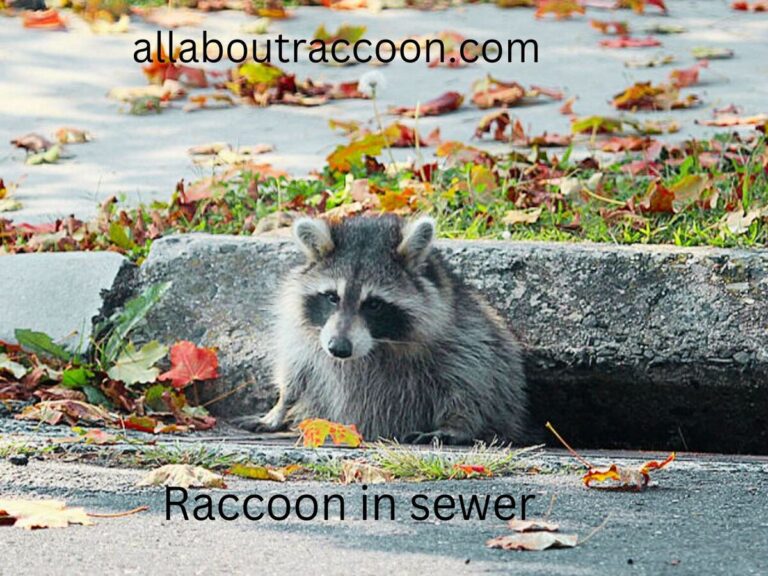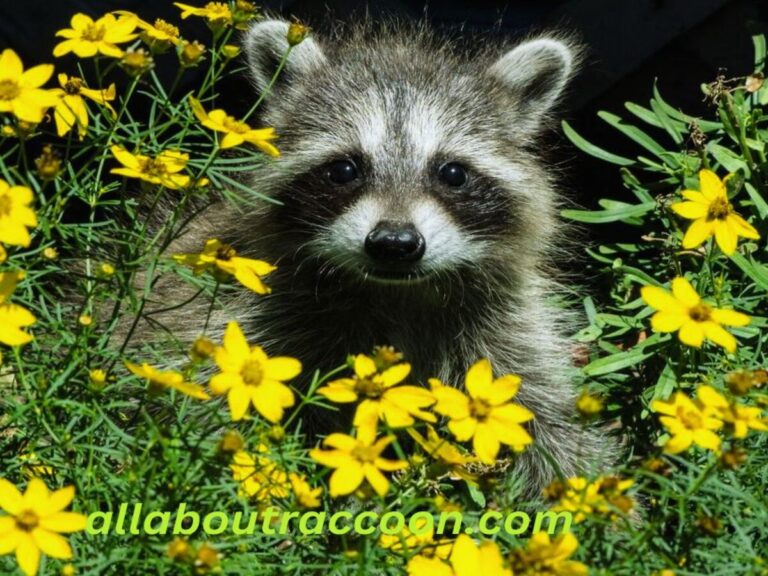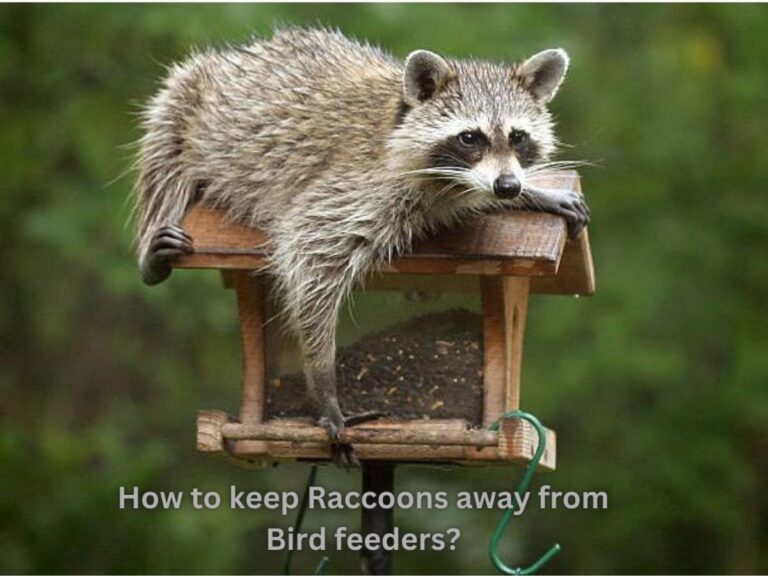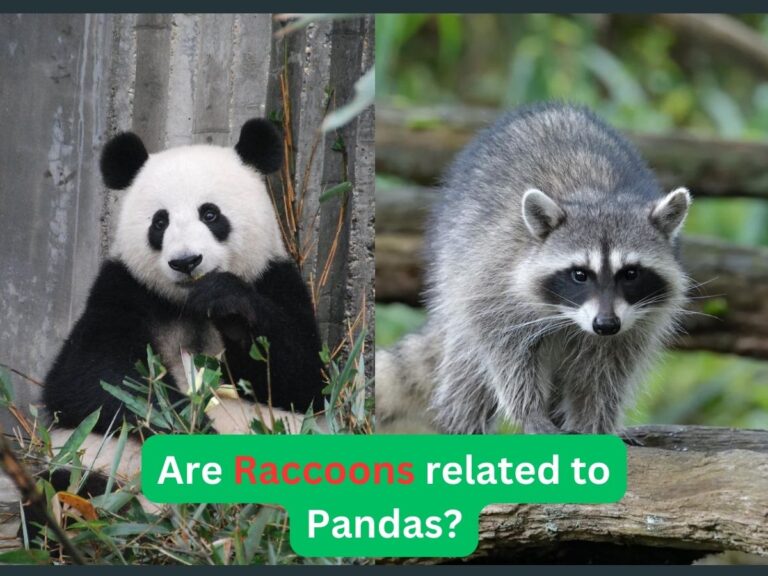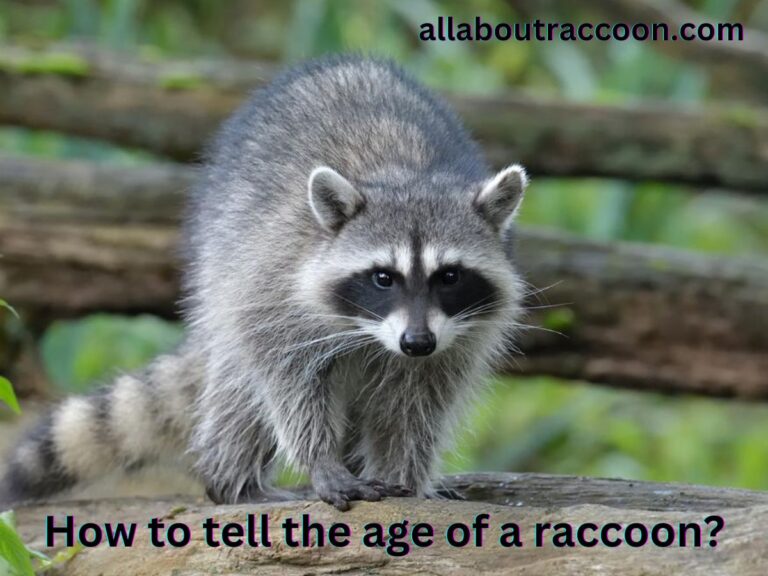Why do Raccoons live so Short?-7 key Reasons!
Have you ever wondered why raccoons, those cute bandits of the night, don’t live very long? It’s a puzzling question that wildlife experts and researchers have been scratching their heads over. In this blog post, I will explore the world of raccoons to find out what makes their lives so short and mysterious. It’s an intriguing question; why do raccoons live so short? Let’s read and explore the truth!
What are Raccoons?-A Brief view
Before we uncover the secrets behind raccoons’ short lives, let’s take a brief about these amazing critters. So, raccoons (Procyon lotor) are small to medium-sized animals native to North America. With their cool black “mask” around their eyes and ringed tails, they’ve earned the nickname “masked bandits.”
Raccoons are super adaptable and can live in the city or the countryside. They’re known for being clever scavengers. These intelligent creatures know how to solve the problems that come into their lives. They are omnivorous and eat well on a variety of food including fruits, vegetables, acorns, seeds, and animals. In short, these are amazing creatures to learn about them.
Important terms:
- Kits: Baby raccoons are known as “kits”.
- Juveniles: Juvenile raccoons are young, not babies but not fully grown yet. They are several weeks to several months old.
- Adult: Adult raccoons are fully grown, independent, and over a year old. They have all the skills needed to survive in the wild.
What is an average lifespan of a raccoon?
Now, let’s tackle the big question: why do raccoons live so short? Well, the average life of wild raccoons is about 2 to 3 years. If plenty of food is available to healthy raccoons, they can live up to 10 years.
However, it’s important to note that this figure includes high infant mortality rates. Many young raccoons don’t survive past their first year, which significantly impacts the overall average lifespan for the species. In conditions with reduced threats, some adult raccoons can live longer. However, the average life span of raccoons is relatively short.
Captive or pet raccoons live more as compared to wild raccoons. The reason is simple pet raccoons have low chances of death by disease or accidents. Even the age of pet raccoons may exceed 20 years.
What are the reasons for raccoons so short life?
Raccoons have relatively short lifespans in the wild due to several factors that influence their lives. Here are some important reasons why raccoons don’t live very long:
1. Predation:
Raccoons have many natural predators, including larger mammals like coyotes, bobcats, and owls. These predators can catch and eat raccoons, especially the young ones, which makes their lives risky.
2. Human activity:
Sometimes, people might try to capture or harm raccoons, either because they see them as pests or for other reasons. This can lead to injuries or stress for the raccoons. Additionally, urban environments can expose them to more risks like hitting by cars while crossing roads.
3. Disease and Parasites:
Raccoons can get sick from various diseases, including rabies, distemper, and parasites like roundworms. These health issues can spread among raccoons and affect their survival.
4. Environmental Changes:
Raccoons can adjust to different places, but when their homes change a lot—like when trees are cut down or water places change—it becomes harder for them to find food and safe places to live. Thus environmental hazards are life-threatening factors for raccoons.
5. Competition for Resources:
Basically, raccoons have to compete with other animals for food and places to live. This competition can make it hard for them to find enough to eat and stay safe. Thus, they start to die.
6. Reproduction and Parenting:
Undoubtedly, raccoons have many baby raccoons, which are called cubs. But not all of these babies grow up to be adults. The ones that do survive have to learn really important things from their parents to know how to stay safe and find food.
7. Natural Selection:
In the wild, animals like raccoons are subject to natural selection, which means that only the individuals with the best adaptations and behaviors for their environment tend to survive and pass on their genes.
All of these factors combined contribute to the relatively short lifespan of raccoons in the wild. However, it’s worth noting that raccoons living in captivity or in protected areas may have longer lifespans because they face fewer of these challenges.

What is the age of the oldest raccoon?
The oldest raccoon in captivity lived up to 22 years. Most pet raccoons live around 10 to 15 years. In the wild, raccoons generally live up to 5 to 10 years. The oldest known raccoon in recent history was a 14-year-old named Merlin, living in CuriOdyssey Park in California, USA, licensed by the American Zoological Association. Unfortunately, not much is known about the absolute oldest raccoon ever recorded.
How to tell the age of a raccoon?
Basically, it is tough to determine the exact age of a raccoon, especially for adults. However, some general indicators can give you an idea of whether a raccoon is a baby, juvenile, or adult.
However, it’s important to know that, these methods are not precise, but they can provide a rough estimation of the raccoon’s age. Their body color, eyes, ears, behavior, mobility, and dentition gives us an estimation of their age.
Size and Weight: Baby raccoons (kits), are small and usually weigh around 3 to 4 ounces at birth. As they grow, their weight increases significantly. Juveniles are larger than kits but smaller than fully-grown adults.
Coat and Fur: Baby raccoons have fluffy and soft fur, while adults have a sleeker and coarser coat. Juvenile raccoons may have an in-between texture.
Eyes and Ears: Newborn raccoons are born with closed eyes and ears. They start to open their eyes at around 2 to 3 weeks old. By 7 to 10 weeks old, their eyes and ears are fully open.
Mobility: Baby raccoons can’t walk until they are around 3 weeks old. Juveniles become more active and playful, while adults are agile and coordinated.
Behavior: Baby raccoons stay close to their mother and may not venture far from the den. Juvenile raccoons are more independent but still, stay relatively close to their family group.
Dentition: Examining the teeth of a raccoon can give a rough estimate of its age. Baby raccoons have sharp and small teeth, while adults have larger, more worn-down teeth.
Conclusion:
Raccoons have short lives mainly due to predators hunting them, human activities causing harm, diseases affecting them, and hazards in their environment. These factors combined make their lifespan relatively brief in the wild.
Even though their lives are short, these masked bandits keep impressing us with how smart and tough they are!
If a raccoon is healthy and can find plenty of food, it might live up to 10 years. But usually, wild raccoons only live around 2 to 3 years. On the other hand, pet raccoons that people take care of can live for over 20 years.
FAQs:
The main reasons for raccoons’ short life span are predators, human influences, diseases and environmental hazards.
The average life span of wild raccoons is about 2 to 3 years. However, If plenty of food is available to healthy raccoons, they can live up to 10 years. On the other hand, the pet raccoon can live up to 20 years.
The raccoon population in North America is estimated to be between 5 to 10 million, possibly even reaching 20 million. In some parts of the United States, up to 700 raccoons can be found in one square mile. Germany alone is believed to have between 200,000 and 400,000 raccoons.

